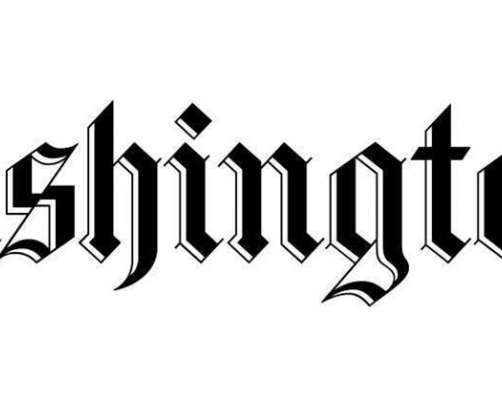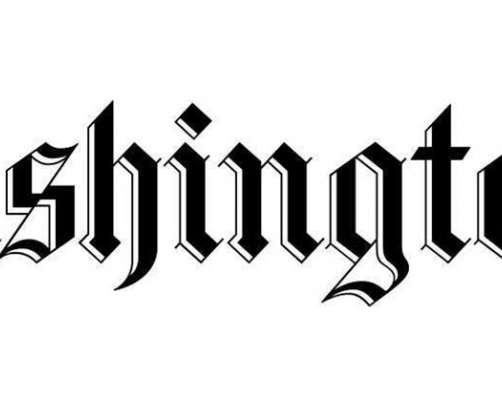Transcript: Ted Seides
Barry Ritholtz
AUGUST 15, 2023
SEIDES: If the S&P is your benchmark, which it isn’t for these pools of capital. RITHOLTZ: What should be their benchmark? So the proper benchmark for those pools has to look a little bit like the underlying assets they’re investing in. So what do you use for a benchmark? So the credit markets froze.













Let's personalize your content